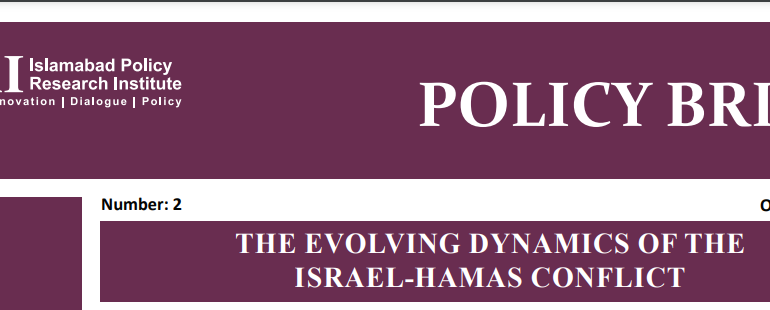Policy Brief 10/01/2025
This study examines public-public partnerships (PPPs) and public sector development projects (PSDPs) in Pakistan’s development strategy, focusing on their strengths, weaknesses, and synergies. PPPs provide efficiency, innovation, and resource sharing, and they are ideal for infrastructure development, large-scale energy projects, and technology-driven projects that require the expertise of a specialised sector. PSDPs, on the other hand, focus on basic needs by ensuring adequate ac-cess to public services, especially in disadvantaged areas. These models provide a comprehensive framework for addressing Pakistan’s development challenges. The two frameworks are however inconsistent. Complex regulations and overlapping policies delay project implementation, and private sector participation is hampered by political Instability, inconsistent contract enforcement, and risk-sharing mechanisms. Departmental weaknesses can lead to increased delays and cost overruns, reducing trust among stakeholders. Political interference undermines long-term priorities and reduces the ability of PPPs and PSDPs to promote sustainable and inclusive growth.
To address these challenges, Pakistan needs to adopt a hybrid approach combining both models’ benefits. Streamlining legal frameworks and policies is essential for investor confidence. Incentives such as tax breaks and government guarantees will encourage greater private-sector participation. This inclusive strategy can ensure sustainable development for all by filling infrastructure gaps, promoting equity, and fostering social development.


